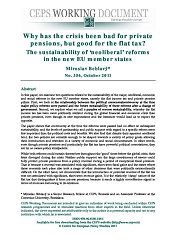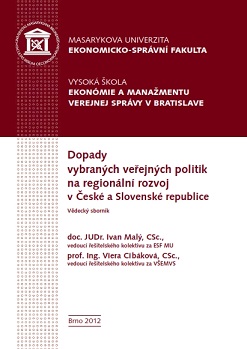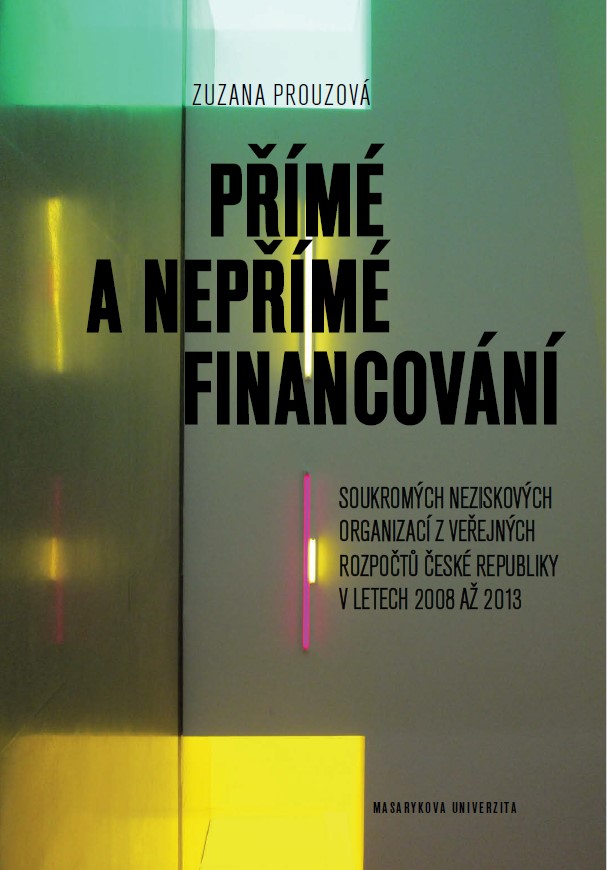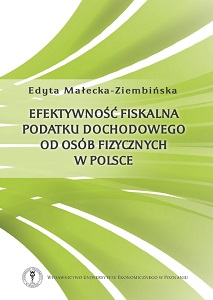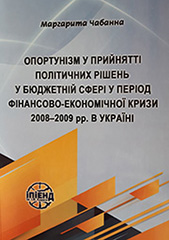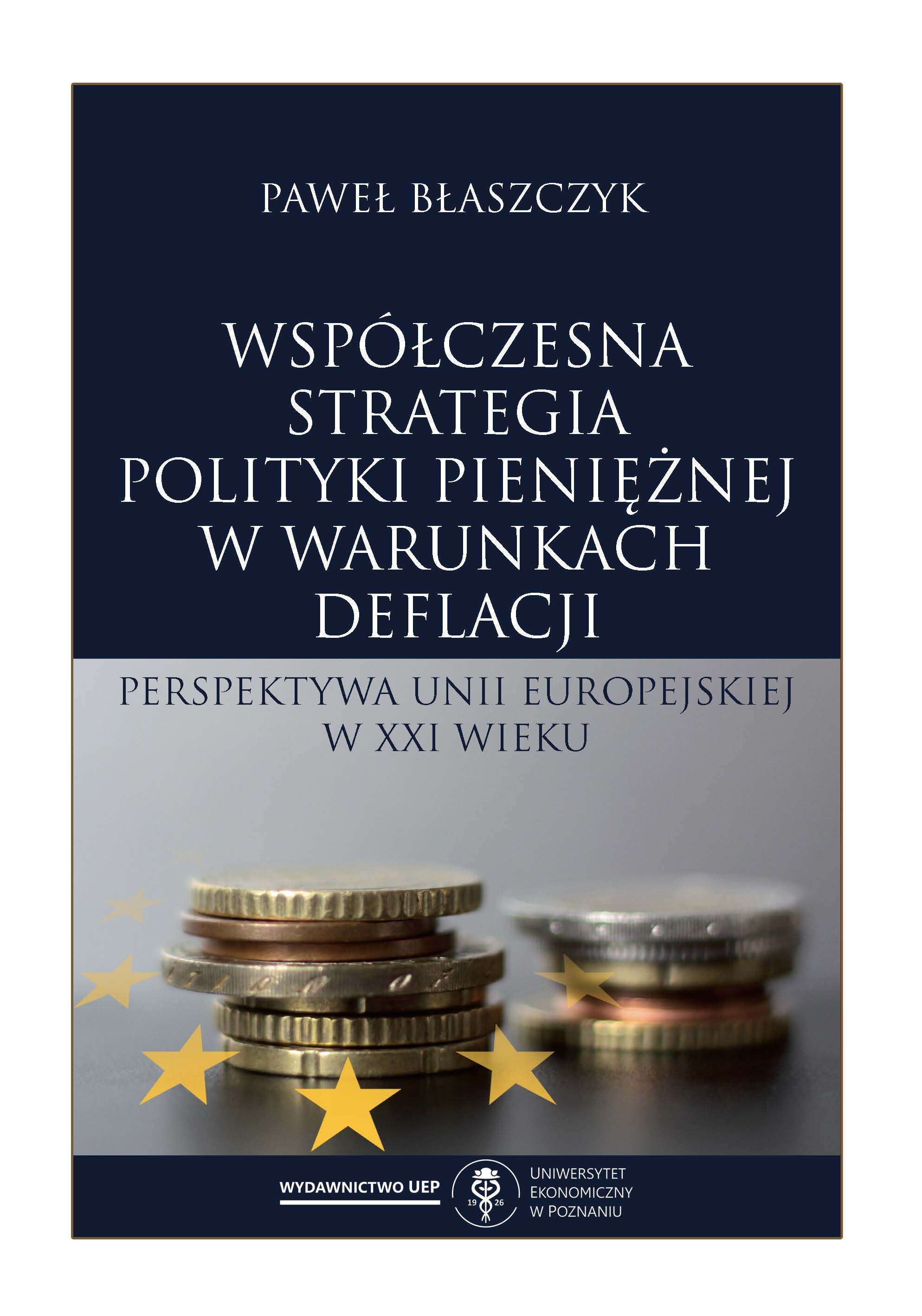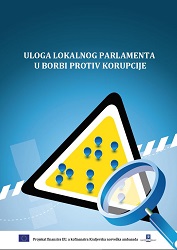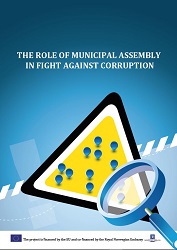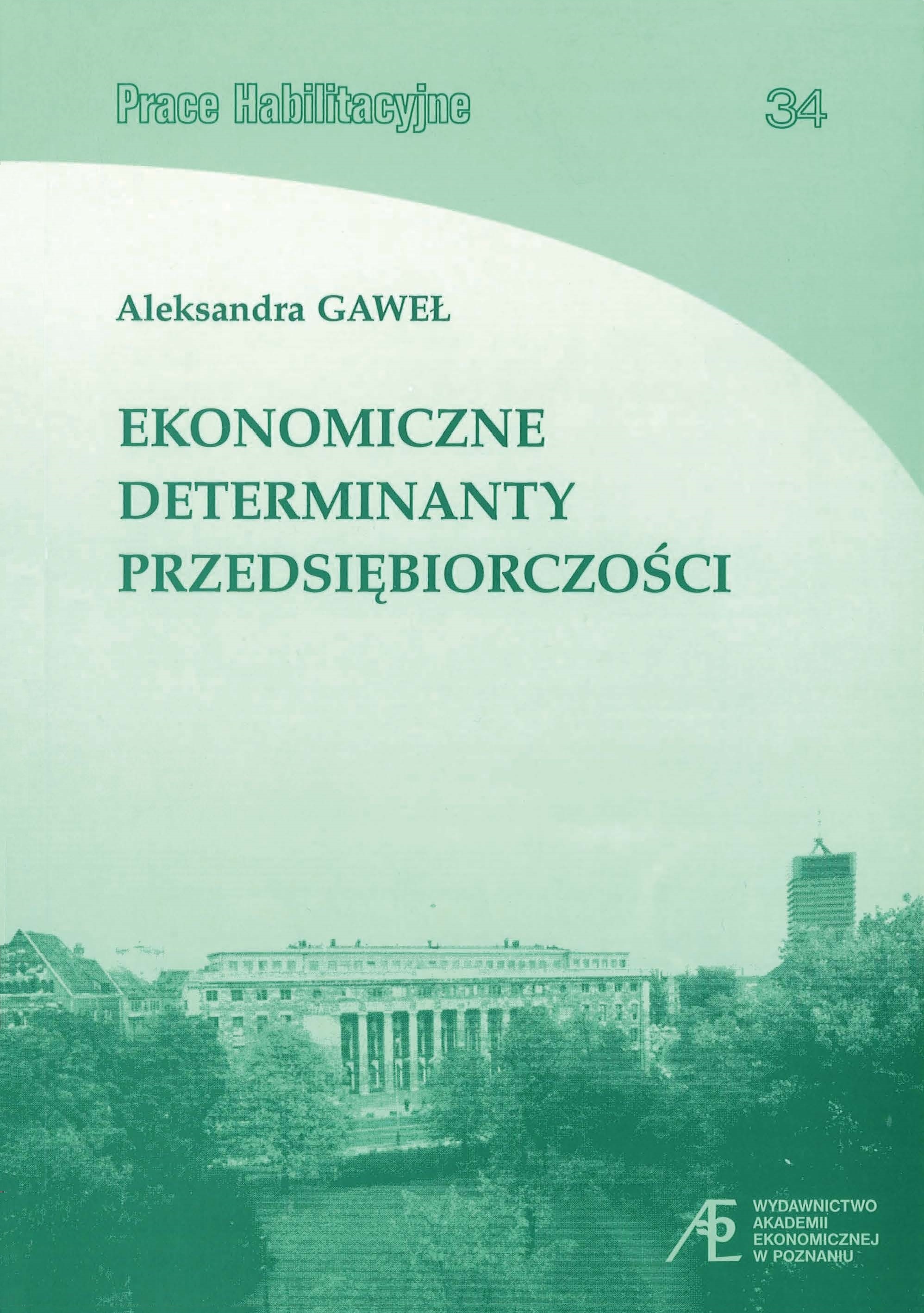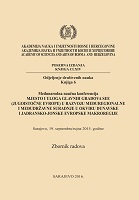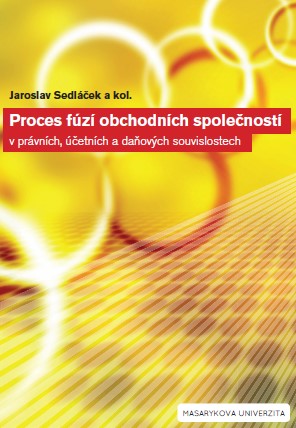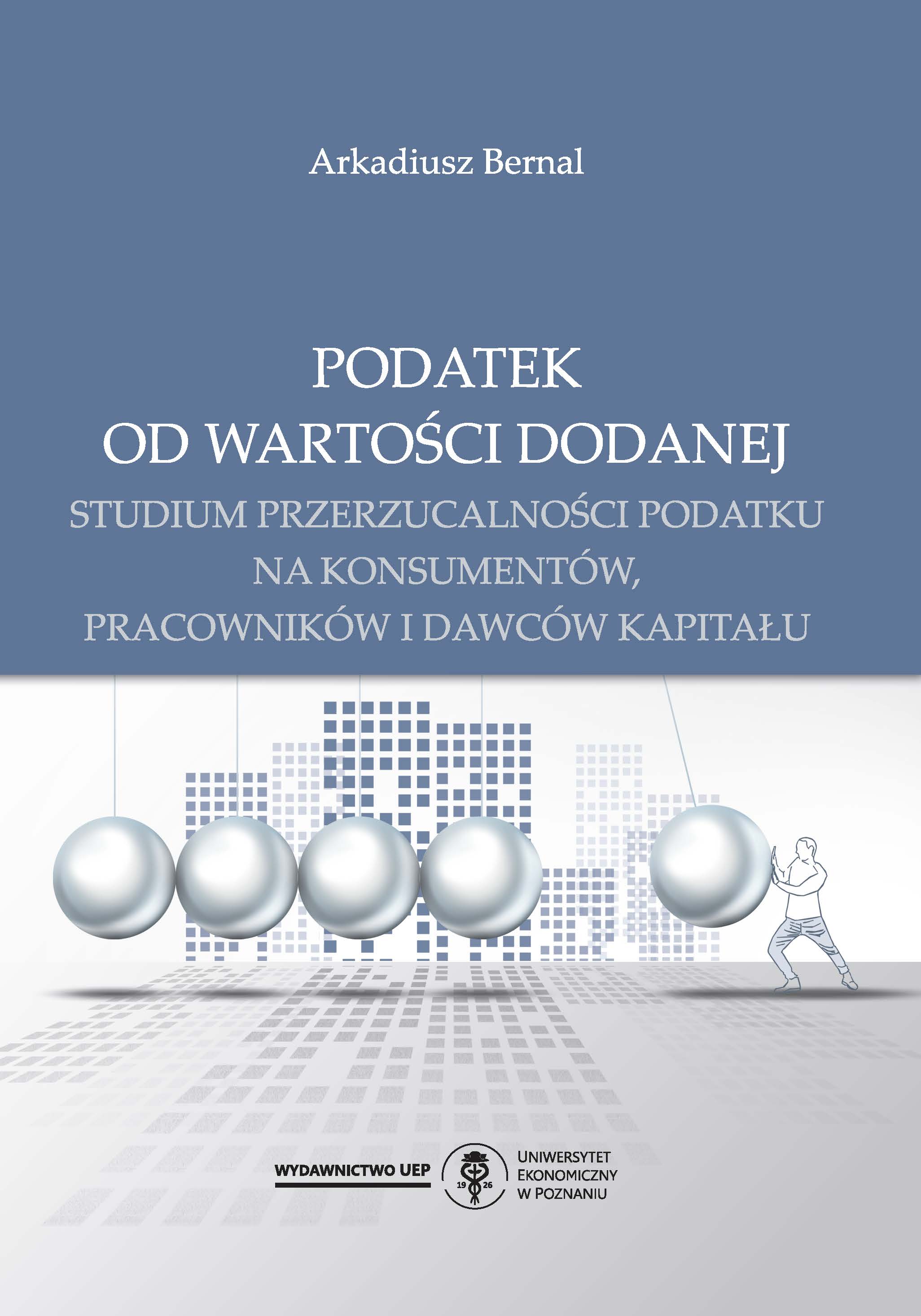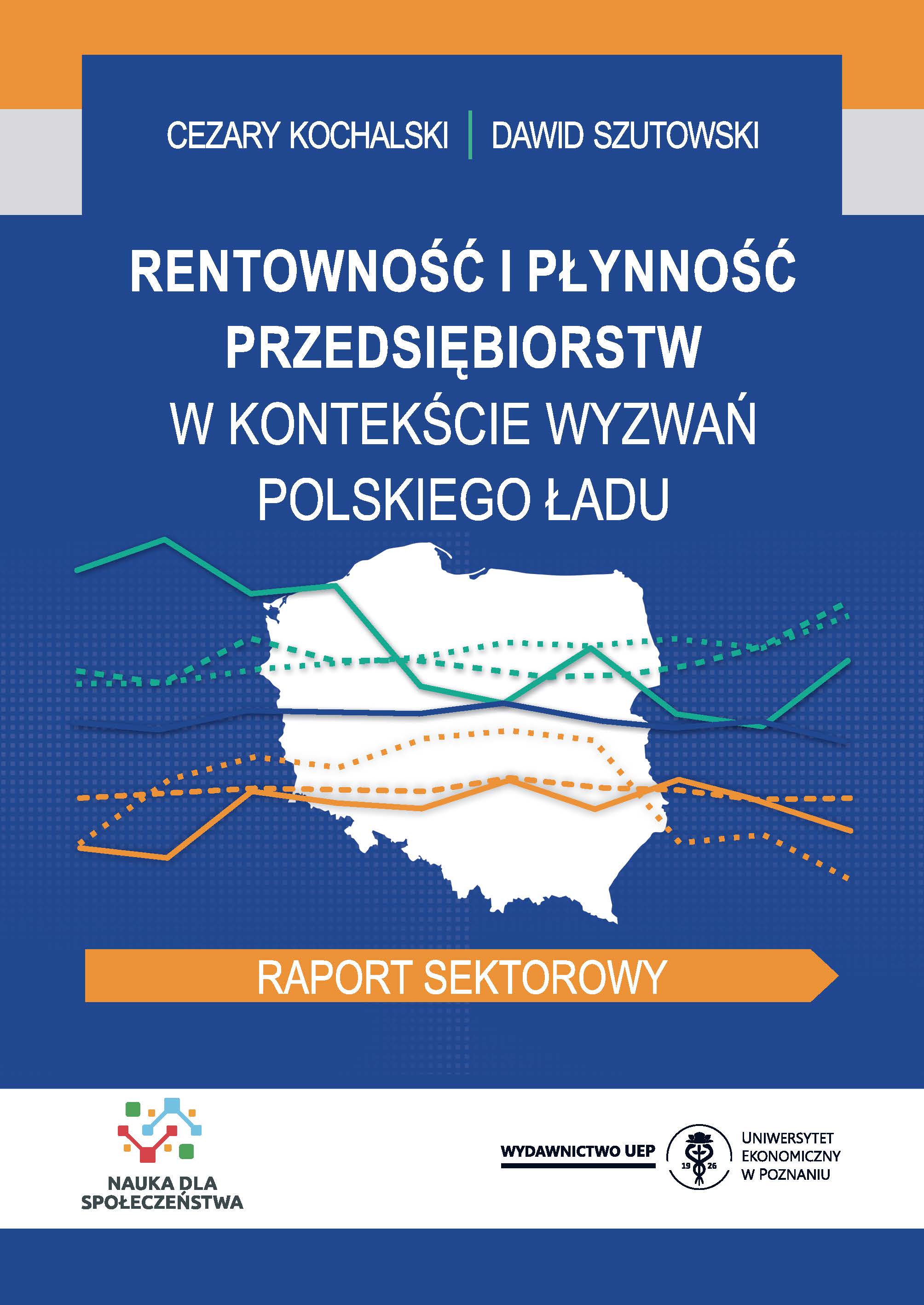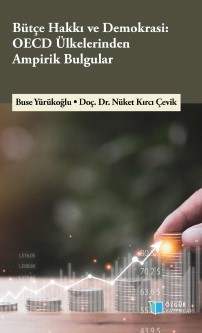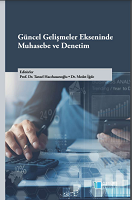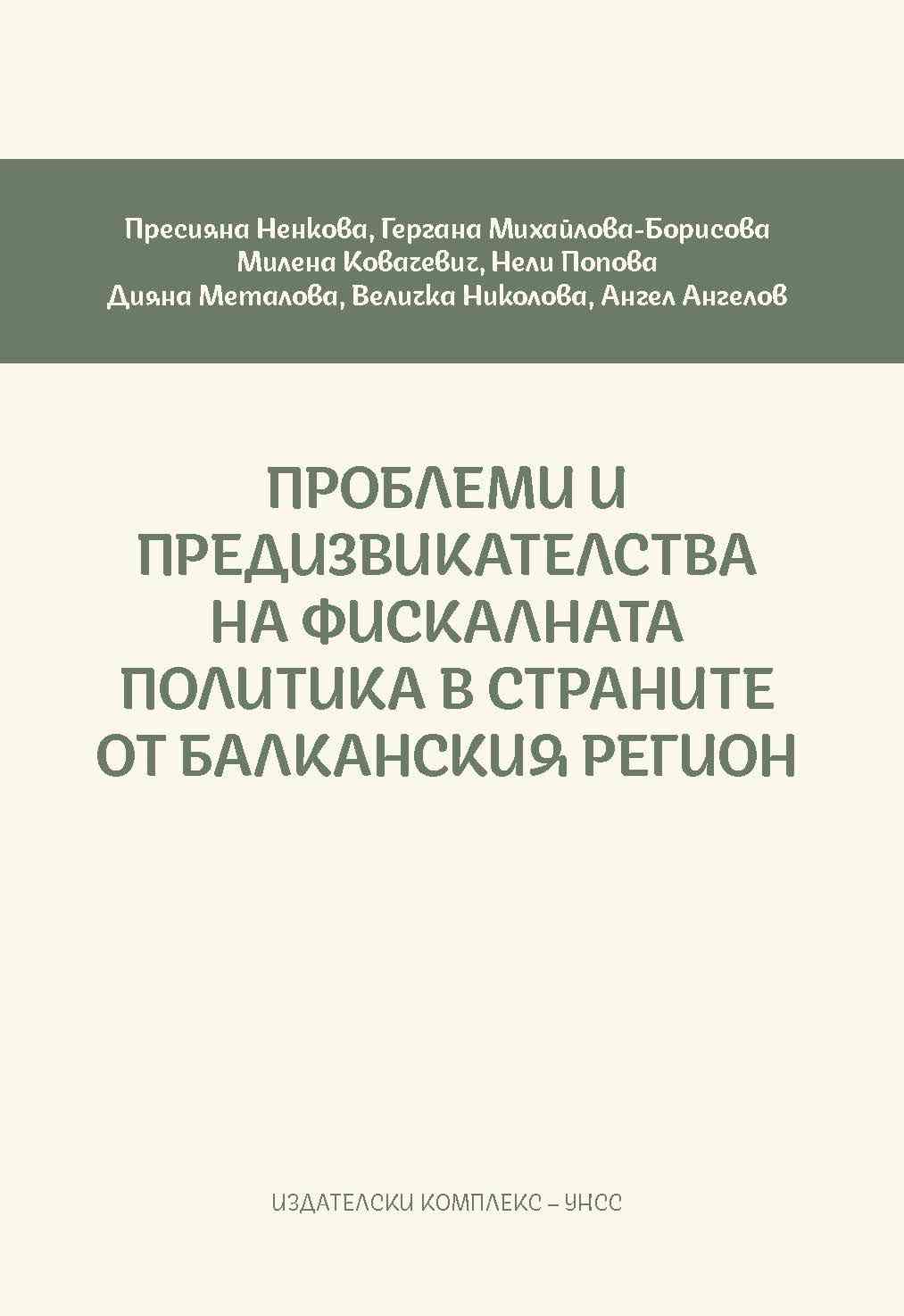Author(s): Ana Nenezić,Mira Popović / Language(s): Montenegrine
Projekat „Jednake šanse za sve medije“ ima za cilj da doprinese kreiranju jasnih mehanizama kontrole državnog finansiranja i dodjele pomoći medijima, u skladu sa propisima Evropske unije i najboljim međunarodnim praksama i standardima. Dodatno, specifični cilj projekta je da utiče na podizanje svijesti zainteresovane javnosti o odgovornom trošenju novca iz budžeta Crne Gore, ukazivanjem na odnos koji javni sektor u Crnoj Gori ima prema medijima kroz prizmu novčanih izdvajanja na osnovu ugovorenih usluga ili drugih vidova podrške medijima. Javni sektor, kao predmet istraživanja, po Zakonu o budžetu Crne Gore, obuhvata državne organe, opštine (jedinice lokalne samouprave), nezavisna regulatorna tijela, javne ustanove i privredna društva u kojima država ili opštine imaju većinski vlasnički udio, zatim pravosuđe (sudove i tužilaštva), i druge. Projekat je nastavak prethodnog rada Centra za građansko obrazovanje (CGO) u ovoj oblasti, kroz koji su već publikovana tri godišnja izvještaja za 2011, 2012. i 2013 čiji su nalazi pozicionirali ovu temu u crnogorskom diskursu, ali i postali referentni za relevantne međunarodne izvještaje. Nalazi ovih istraživanja ukazali su na brojne nejasnoće kada je u pitanju finansiranje medija iz budžeta Crne Gore, kao i na potrebu da se ova oblast dodatno uredi. Uočena je i tendencija organa javnog sektora da zadrže svoj uticaj na medije kroz selektivno i netransparentno finansiranje, čime se direktno ugrožava konkurencija, stvaraju nejednaki uslovi za rad na tržištu, i posljedično vrši indirektan pritisak na uređivačku politiku. Nedovoljna transparentnosti ovog procesa i (ne) postojanje adekvatnih kriterijuma za raspodjelu sredstava, uz neizveden zakonodavni okvir dodatno negativno utiče na već prilično zabrinjavajuće stanje na medijskoj sceni u Crnoj Gori. Kada se ima u vidu da su organi državne uprave i lokalne samouprave u toku 2011. utrošili 2. 642.070,83EUR za potrebe reklamiraja i oglašavanja po osnovu ugovorenih usluga, specijaliziranih usluga ili po drugim osnovima, dok je sa druge strane ukupno marketinško i oglašivačko tržište 9 - 9,5 miliona EUR, evidentno je da u 2011. država bila veliki, ako ne i najveći pojedinačni igrač na tom tržištu i značajno uticala na prihode pojedinih medija, a samim tim i na njihovu održivost. U 2012. uočen je pad od gotovo milion eura u ovim troškovima, pa je tako ukupan iznos do kojeg je tim CGO-a došao 852.059.00 EUR, uz napomenu da se ovaj iznos odnosi samo na Vladu i Skupštinu Crne Gore, odnosno da ne obuhvata troškove lokalnih samouprava, kao što je to bio slučaj u istraživanju za 2011. U toku 2013. utrošen iznos od strane organa državne uprave i lokalne samouprave bio je 2.196.739,00 EUR. Ovaj podatak dokazuje da nije došlo do smanjenja izdvajanja budžetskih sredstava medijima za potrebe oglašavanja po osnovu ugovorenih usluga, specijaliziranih usluga ili po drugim osnovama. Naprotiv, ako se ima u vidu da je dati iznos dobijen na bazi prikupljenih podataka od strane svega 67,6% organa javnog sektora koji su bili predmet istraživanja, osnovano se može pretpostaviti da bi ukupan iznos bio značajno veći. Sa druge strane, ovo istraživanje opominje da se nastavlja praksa netransparetnog trošenja budžetskih sredstava, bez jasno utvrđenih procedura i pravila. Nalazi CGO-a pobudili su pažnju i relevatnih međunarodnih organizacija. Između ostalih, Evropska komisija u svom Izvještaju o Crnoj Gori za 2015. konstatuje: „Postoji zabrinutost u pogledu transparentnosti i nediskriminacije medija kad je riječ o oglašavanja državnih institucija... Nesigurna ekonomska situacija novinara otvara vrata za miješanja u uredničku politiku i moguću autocenzuru. Činjenica da mnoge medijske kuće nisu finansijski održive ima negativan uticaj na kvalitet izvještavanja i profesionalnost”. Ovo se nadovezuje na ranije ocjene iz Izvještaja o napretku Crne Gore za 2013, gdje se navodi “Postoji zabrinutost u vezi sa dodjelom državne pomoći i finansiranjem oglašavanja u štampanim medijima u toku 2012, koji nijesu u skladu sa pravilima o javnim nabavkama i mogu ugroziti konkurentnost na medijskom tržištu.“ Evropski parlament u svojoj Rezoluciji iz 2015. o Crnoj Gori„cijeni da je neophodno da se usvoji jasan zakonodavni okvir, koji će uspostaviti pravila vezana za vlasništvo u medijima i finansiranje“. Takođe, međunarodna nevladina organizacija Reporteri bez granica je pozicionirala Crnu Goru na 114. mjestu od 180 zemalja u svom Svjetskom indeksu medijskih sloboda za 2015. Taj izvještaj uzima u obzir više faktora: nivo zloupotrebe medija, stepen pluralizma, nezavisnost, autocenzuru, pravni okvir, transparentnost, i infastrukturu. Jedina zemlja u regionu koja je lošije pozicionirana od Crne Gore je Makedonija, koja je na 117. mjestu. SEEMO u svom Izvještaju o stanju medija u Crnoj Gori za 20148 se poziva na nalaze CGO-a, kao što se to čini i u Izvještaju State Departmenta o ljudskim pravima u Crnoj Gori za prethodne tri godine. U izvještaju Freedom House-a “Nacije u tranziciji 2015”, rejting Crne Gore, kada je riječ o nezavisnim medijima, pao je sa 4.25 na 4.50 (na skali od 1-7, pri čemu je 7 najlošija ocjena). Konačno, ugledne međunarodne organizacije Svjetska asocijacija novina i izdavača iz Pariza i Centar za međunarodnu medijsku podršku su izabrale upravo CGO, na bazi rada u ovoj oblasti, kao partnera za izradu svog prvog izvještaja “Urušavanje sloboda: mediji i prikrivena cenzura u Crnoj Gori”. U cilju kontinuiranog praćenja ove oblasti sprovedeno je novo opsežno istraživanje koje daje pregled podataka za 2014. i analizu istih, kako bi se omogućio ažuriran i sveobuhvatan pregled raspodjele javnih sredstava medijima za 2014, kao i uporedna analiza u odnosu na prethodne godine. Istraživanje je dopunjeno konkretnim preporukama o tome kako da se obezbijedi transparentnost i koje kriterijumime treba razmotriti prilikom dodjele javnih sredstava za medije u Crnoj Gori, kako bi ovaj proces bio u skladu sa aquis communitaire u sferi slobode izražavanja i nezavisnosti medija, konkurencije, dodjele državne pomoći i javnih nabavki. Bez jasnog mehanizma za dodjelu državne pomoći medijima, distribucija ovih sredstava ima potencijal da izazove ozbiljne devijacije na medijskom tržištu i ugrozi funkcionisanje jednih, ili unaprijedi poslovanje drugih medija na diskriminatornoj osnovi i suprotno politici konkurencije EU. Posebno zabrinjava kada se javna sredstva koriste u takve svrhe. Građani i građanke, kao poreski obveznici imaju pravo da znaju kako se troše javna sredstva, kao i da li način raspodjele tih sredstava utiče na nepristrasno izvještavanje medija o državnim organima odnosno u kojoj mjeri ta raspodjela (ne)podržava pluralizam medija. Ovaj izvještaj ukazuje na postojanje mehanizama kojima se može vršiti kontrola i pritisak na medije i nudi preporuke kojima bi se prekinula loša praksa, koja građanima i građankama Crne Gore uskraćuje pravo na slobodne i nezavisne medije, koji mogu tačno i nepristrasno izvještavati o aktivnostima vlasti, političkih parija, drugih institucija, ali i o pitanjima od javnog značaja.
More...
